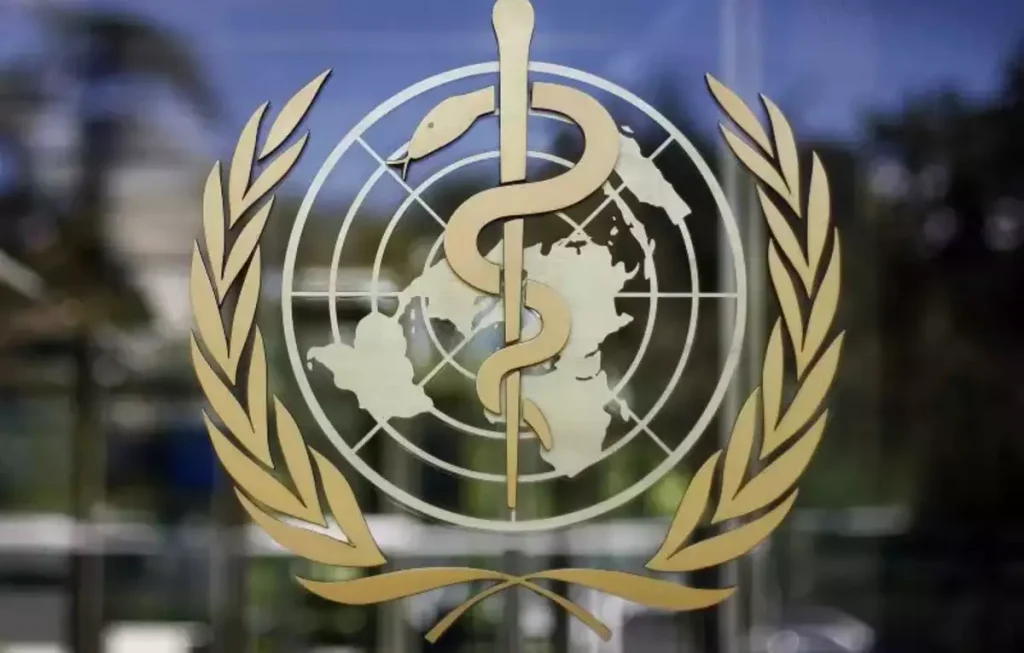Context:
The recently released Global Tuberculosis Report 2024 by the World Health Organization highlights a decrease in tuberculosis (TB) cases in India in 2023.
Key highlights of the Report

- India had an estimated 28 lakh TB cases in 2023, accounting for 26% of the global cases. India also had an estimated 3.15 lakh TB-related deaths, accounting for 29% of the deaths globally in 2023.
- Five countries accounted for 56% of the worldwide total: India (26%), Indonesia (10%), China (6.8%), the Philippines (6.8%) and Pakistan (6.3%).
- In 2023, 55% of people who developed TB were men, 33% were women and 12% were children and young adolescents.
- In 2023, TB has returned to being the world’s leading cause of death from a single infectious agent replacing COVID-19.
- Globally, the net reduction in the TB incidence rate between 2015 and 2023 was 8.3%, far from the WHO’s End TB Strategy milestone of a 50% reduction by 2025.
- The net reduction in the global number of deaths caused by TB between 2015 and 2023 was 23%, almost one-third of the way to the WHO’s End TB Strategy milestone of a 75% reduction by 2025.
- The Report reveals a substantial funding shortfall, with only $5.7 billion available out of the $22 billion target for 2023.
India’s Progress
- India is not even close to the WHO End TB targets.
- There has been a decline of only 17.7 percent in TB cases between 2015 and 2023 as against the target of 50 percent by 2025.
- TB deaths have declined by 24 percent as against a target of 75 percent by 2025.
Tuberculosis (TB)
- TB is an infectious disease caused by bacteria (Mycobacterium tuberculosis). It spreads through the air medium when people with lung TB cough, sneeze or spit.
- TB disease is curable. It is treated by a standard 6-month course of 4 antibiotics. Common drugs include rifampicin and isoniazid.
There are also several types of drug-resistant TB disease.
- Mono-resistant TB disease is caused by TB bacteria that are resistant to one TB treatment drug.
- Poly-resistant TB disease is caused by TB bacteria that are resistant to at least two TB drugs (but not both isoniazid and rifampin).
- Multidrug-resistant TB (MDR TB) disease is caused by TB bacteria that are resistant to at least isoniazid and rifampin, the most effective first-line TB treatment drugs.
- Extensively drug-resistant TB (XDR TB) is a rare type of MDR TB caused by TB bacteria that are resistant to Isoniazid and rifampin, a fluoroquinolone, and a second-line injectable (amikacin, capreomycin, and kanamycin).
World Tuberculosis Day, observed on March 24 every year, aims to increase public awareness about tuberculosis (TB). The date marks the day in 1882 when Dr. Robert Koch discovered the bacterium that causes TB.

